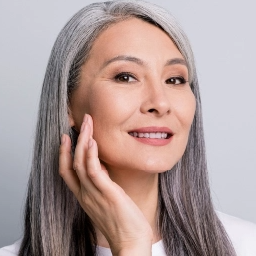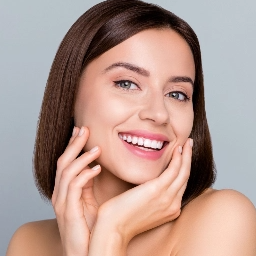If you have dry, flaky, or itchy skin that doesn’t resolve with over-the-counter, you may have a skin condition, such as eczema or psoriasis. Eczema affects approximately 32 million people in the United States. Another 8 million Americans have psoriasis.
Eczema and psoriasis share many similar symptoms, such as patches of dry or rashy skin. But eczema tends to be caused by external factors, such as allergens, while psoriasis is an autoimmune disorder.
At Dermatology Institute & Skin Care Center, our dermatologist, Paul Yamauchi, MD, PhD, and skin specialist Summer Nguyen Liew, MSPAS, PA-C, diagnose and treat eczema and psoriasis in our Santa Monica, California office. Do you have eczema? Or is it psoriasis? The following questions may point you toward an answer.
When did you first notice your dry skin or rashes?
Usually, if you have eczema, it first appears during childhood or even as an infant. In contrast, psoriasis tends to develop later in life. It usually first appears between the ages of 15-35, and it’s rare in children or babies.
What do your rough or rashy patches look like?
Mild eczema may just appear like dry or rough skin. On pale skin, the rash may be red or pink. On darker skin, the patches are gray.
Severe cases of eczema may cause leathery patches. Eczema lesions may become red and inflamed and may ooze or weep clear fluids. You may also have itchy blisters or coin-shaped lesions.
In contrast, psoriasis is characterized by the presence of skin lesions called “scales” that appear over the rashes or dry spots. The scales may look silvery. Affected skin also tends to be thicker and redder than normal skin due to inflammation.
Where is your skin affected?
Eczema often appears in the folds of children’s skin, such as in the creases of elbows, knees, neck, wrists, and ankles. Adults and babies may get patches on their cheeks. Babies may also be affected on their scalp, chest, arms, and legs. Adults may have eczema on their hands.
Psoriasis doesn’t usually appear in skin creases. It’s usually on the outer edges of knees, elbows, scalp, and many other areas on the face and body.
How itchy are you?
Eczema tends to be itchier than psoriasis. Eczema itchiness may increase at night and could interfere with your sleep.
Psoriasis may itch, too, but the itch tends to be mild. Burning and stinging sensations often accompany psoriasis.
Do you itch more after touching something?
Many cases of eczema are due to contact dermatitis. In other words, you’re allergic to something you touch or put on your skin. Common allergens that trigger eczema include:
- Wool
- Nickel
- Chemicals in skin or hair-care products
You’re also likely to have eczema if you have other allergies, such as hay fever. However, if you notice an outbreak in your skin condition after you’ve been in the sun for a while, you could have psoriasis.
The best way to figure out whether you have eczema or psoriasis is to get a diagnosis from a dermatologist. The conditions may require different treatments, too. For instance, though both respond to emollients and may require medication to reduce inflammation, psoriasis often responds well to ultraviolet light treatment.
Find out if eczema or psoriasis is causing your itchy skin by booking a dermatologic exam today. You can phone our friendly staff today or send us a message online.











